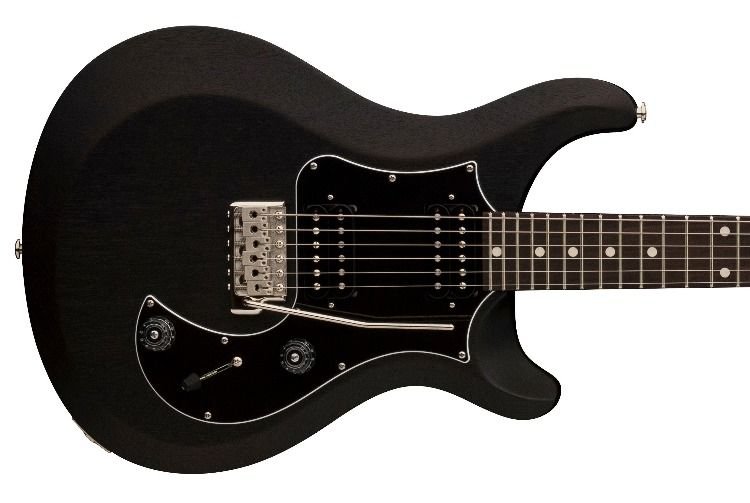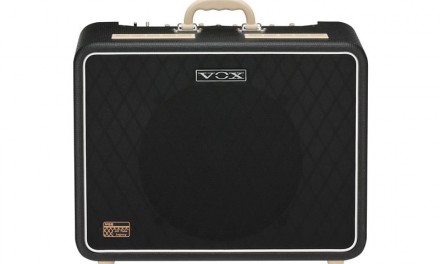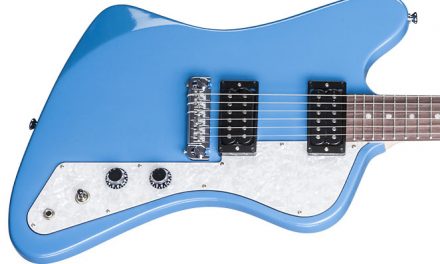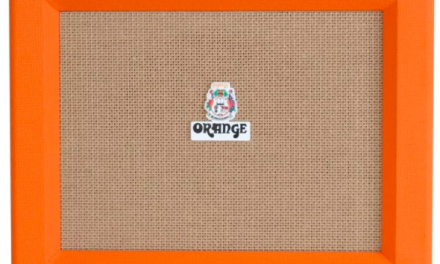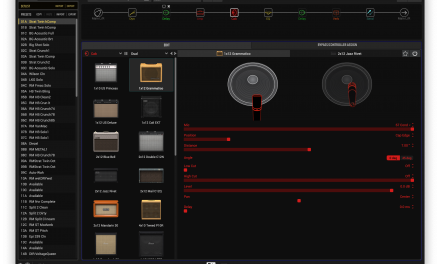UPDATE – I wrote this article more than a year ago. As of right now, it’s July 4, 2020, and PRS has moved almost ALL of its SE line to Indonesia, and it won’t be long before none of the line is still in South Korea. I’ve updated this post to reflect this new info.
First things first – like many musicians, I’m part hippie. In the United States, where I live, there’s a growing rift in the country about “America First” vs. “Being a Good World Leader.” Far be if for me to talk politics on this site, but I can certainly talk about guitars being made all over the world, and the implications.
A US President once asked Apple why they can’t make computers and phones in the US. Apple CEO Tim Cook basically said “We could, but our products would cost four times as much as they do now.” This is not just Apple – it’s most companies. $15 an hour is not an outrageously high amount of money in the US, but in some countries, they can pay employees 10% of that. There’s also a lack of pesky regulations that prevent American companies from raping the land, so the cost of wood (and other things) can be a lot less. Some people want to change those policies so that we can rape the land in the US. Actually, it’s happening right now. But no politics, dammit!
But here’s the thing. I’m proud of my PRS SE Custom 24, made in South Korea, because it was made at the World Musical Instruments factory, where workers make a salary about comparable to the United States. I am a human being, first and foremost. When I can help out other human beings, I will. A whole new generation of kids who are more globally aware are coming up through the ranks, and they’re going to care about this shit more than I do. I think social responsibility will be part of every good company’s marking plan moving forward. Some people might not like that, but it’s happening.
So do we care that PRS moved some of it’s guitar making to Indonesia? Specifically, the lowest of the SE line, the SE Standard. Actually, PRS did this about 4 years ago, but they stopped making SE’s in Indonesia for a while due to quality control (that’s the rumor, at least,) but now they’re back. Making jobs in Indonesia is good, right? Why the move? What do we know about the Cort factory where PRS are making the Standards? Why is it really hard to find out information about working conditions? PRS seems like a company that wouldn’t just move production to find the cheapest factory. But despite a lot of digging, I still don’t have any answers, only speculation.
I think they moved the Standard to Indonesia for price reasons only. They wanted a $500 PRS and South Korea couldn’t do it… because they pay workers a decent wage? I don’t know. I’ve reached out to PRS to ask them, but I’ll be surprised (and delighted) to get a response. If I do, you’ll be the first to know.
The simple fact is that my two PRS guitars are two of my faves, and of the two I prefer my USA-made Satin 24. It’s a killer, killer guitar.
Um… and the pickups suck in almost every SE I’ve ever played, but pickups are easy to swap. Thank God for Seymour Duncan. 🙂
Update – Never got a response from PRS. Having thousands of readers doesn’t buy you any clout. Having hundreds of thousands of readers would, but hey, I do this part time. Ahem. Anyway, here’s updated info: PRS basically OWNS the factory in Indonesia where the SE line is now made, and if I read between the lines, I believe they pilfered people from World Musical Instruments to move to Indonesia and run it (probably for major, major money.)
Is Indonesia going to see an increase in wages, with all of this production (not just PRS – Epiphone, Schecter, and many others are now made there) moving in? Well, yes, because minimum wage in Indonesia is horrific. Right now, it’s 63 cents an hour. South Korea has a minimum wage of about $9 per hour. The United States is at $7.25 per hour.
So how to we view this? As an opportunity for people in Indonesia to raise their standard of living? Great! As an American company’s attempts to cut costs by farming work out to places paying less than a dollar an hour? Not great! There are two sides to every story. I don’t even know how I feel about this. But this IS how capitalism works. Capitalism is hated by many around the globe because it does not care about people, only profit. But capitalism can also raise the standard of living for those who can practice it AND keep an eye on the fact that people are more important than dollars. I can’t necessarily say that the US is doing a great job – we currently rank 16 on the minimum wage list. Japan is 17.
Not like I can solve these issues. But I am interested in them. I want to know if American companies are dramatically increasing wages in these other countries.

